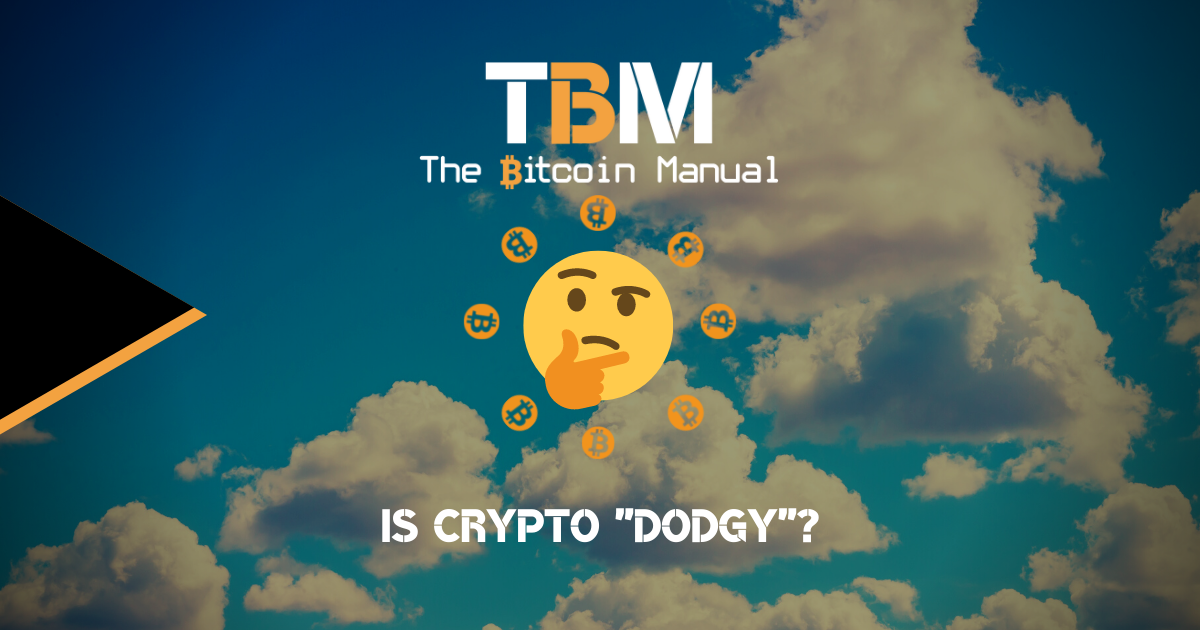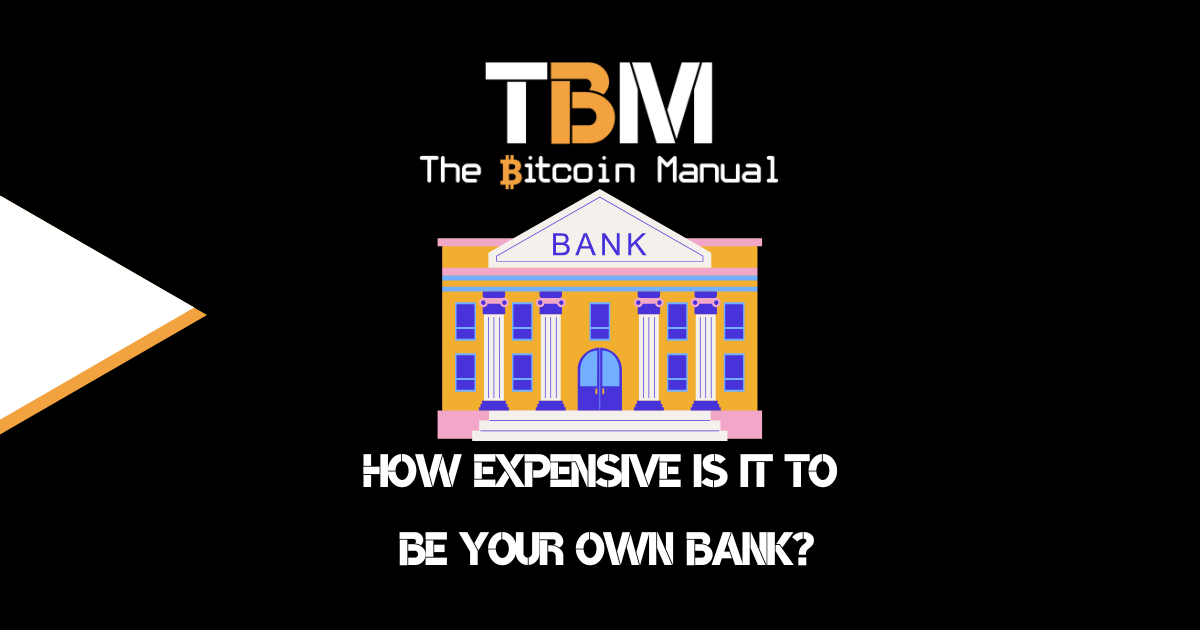Define “Dodgy”
This conversation usually comes up as I discuss Bitcoin and crypto with my friends – the “dodginess of crypto” – as they associate it with non-mainstream behaviour that we’re mostly used to with high street banks. Seeing as cryptocurrencies are not illegal in the UK and are considered as assets and any gains made when disposing of one crypto is subject to capital gains tax, the dodgy aspect certainly isn’t a legal issue. The emphasis then moves to the negative headlines such as criminal activity but of course, there will always be criminal activity regardless of the medium used to partake in it but what does that word “dodgy” even mean?

Google’s Oxford definition in the image above alludes to “dodgy” meaning dishonest, unreliable and potentially dangerous. So, is crypto dodgy? Let’s look at some of the things for and against using this definition and you can come to your own conclusions.
Dishonest?
The whole point of blockchain technology is to actually be the complete opposite of “dishonest” due to it being a public ledger where all the transactions are available for everyone to see from the very first transaction on that specific network. Not only that but you can even set up your own dedicated computer that can verify transactions so you can see for yourself. So the technology itself is built to be honest assuming it’s not been hacked or built/maintained by bad actors but to hack, for example, Bitcoin in 2020 by taking over 51% of the network would be such a costly exercise that it wouldn’t be worth it.
Having said that, there are still crypto projects out there that are dishonest, scams or just badly run and it’s up to you to trust your research and instinct here. We often hear about the exit scams and millions of dollars gone missing that make headline news so it can easily be construed that crypto is dishonest if you don’t know what you’re doing and fall into traps. So finding out about the team behind the project, their background and experience will put you in good stead to rank the “honesty” of it.
Dodgy owners of the project = dishonest. Not dodgy = honest.
Unreliable?
In today’s world, we’re used to things being connected online all the time with logging in to our bank accounts on our mobile app or social media, LeoFinance etc whenever we want. So, how reliable is the crypto project in terms of uptime, verifying transactions and ensuring accounts have the amount in they should?
Ever since I’ve bought my first tiny amounts of Bitcoin 3 years ago, I’ve always had the same amount in my wallet unless I sold, bought or had interest accrue on them. My personal experience is that, yes, it’s very reliable, the amount I have hasn’t changed without my permission although there have been other projects I’ve known and been involved with where wallets were tampered with and millions lost, for example exchange wallets. So this comes down to security and how reliable the people are who are maintaining the transactions with their computers and servers.
Dodgy people and computers maintaining the chain = unreliable. Not dodgy = reliable.
Potentially Dangerous?
Well, in the sense of crypto, the danger comes from the money that you put into it that you can potentially lose. If you’re particularly averse to risk and can’t afford to put money in, then crypto is probably not for you. The volatility of crypto with sometimes double digit % daily price swings scares a lot of people off and so it can be very dangerous if you get in at the high point, only to see your portfolio nearly wiped out 6 months later… ahem… happened to me!
However, the counter argument is, don’t invest more than you can afford to lose. Find strategies that reduce the risk like dollar cost averaging or 0 monetary investment like playing games, watching videos or sharing content to earn crypto and it becomes a lot less dangerous to both you financially and mentally.
Dodgy volatile price swings = dangerous, not dodgy 0 investment = a bit safer
Conclusion
Cryptocurrency itself is literally just a series of 0s and 1s going around in a system, following a certain set of logic and rules that it was programmed to do, like money in your online bank. If left alone to do nothing, it will literally do nothing.
As is usually the case though, it’s the person/people/group in charge of maintaining those 0s and 1s and their behaviour that determine how “dodgy” crypto/money is based on honesty, reliability and danger. I guess it really depends on how you rate these 3 factors to make your own mind up about if you want to invest in anything but I will say that dodgy dealings happened long before crypto and they will happen long after thanks to… well… dodgy or non-dodgy humans 😃
Do you think crypto is “dodgy”? How have you countered the arguments that “crypto is dodgy” in your conversations with others? Let me know in the comments below!
Take care you dodgy crypto lot!
Nicky




